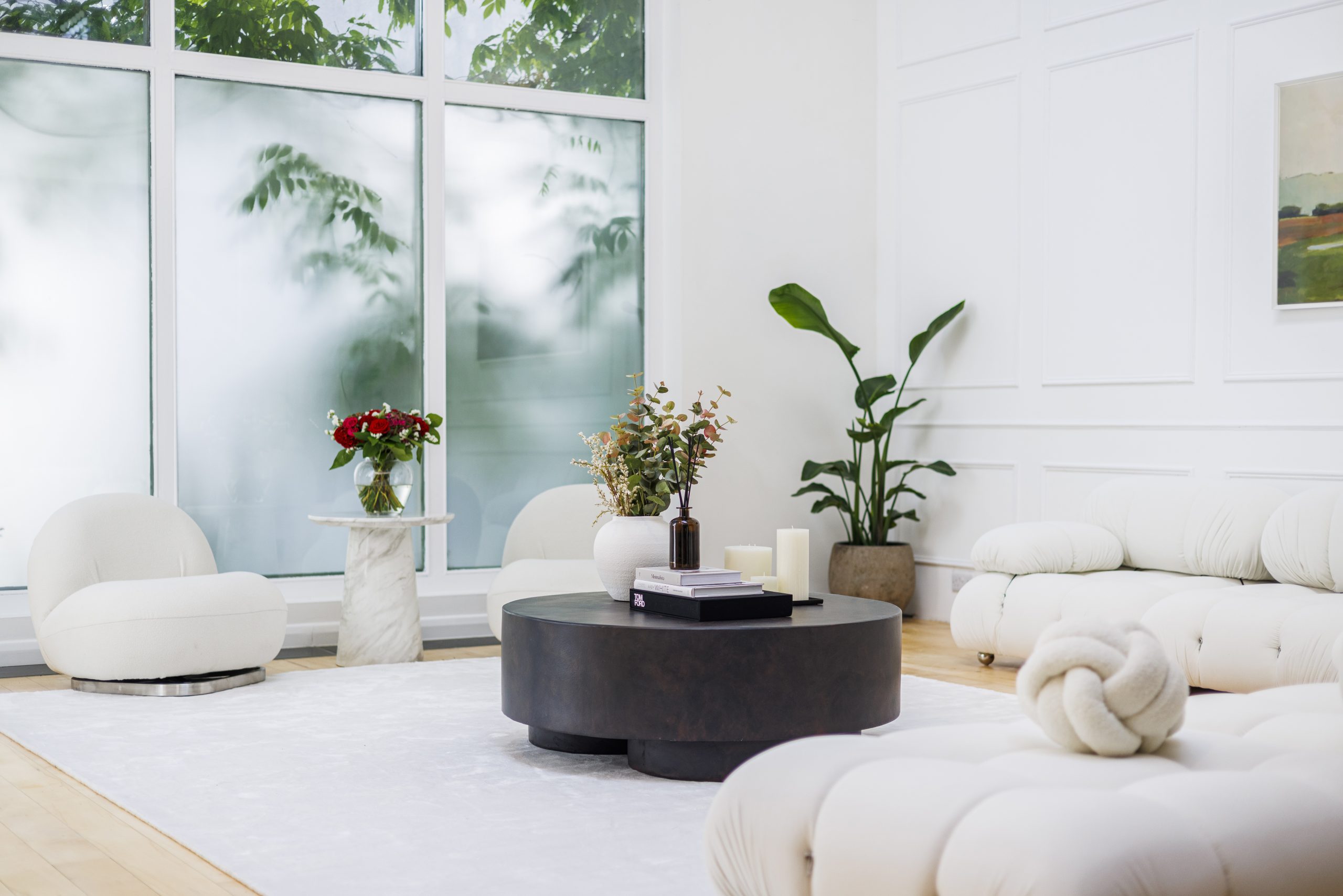How much can your home make as a filming location? Scouty are making it easy for anyone to rent their homes to film and TV crews
British startup and pioneering location rental platform, Scouty, are transforming the way content creators and film-makers secure shoot locations. Demystifying the industry and opening up to the public, the platform is making it possible for anyone with a space to rent to generate an additional stream of income.
With the cost of living putting household budgets under increasing strain, the idea of a Universal Basic Income or a Passive Income has become appealing to many. While we have to wait on a progressive, forward-thinking government to initiate a Universal Basic Income, securing a passive income is a present-day reality. A passive income is defined as an income that requires minimal labour to earn and maintain. Traditional examples include rental income, interest on wealth and returns on investments. However, with the launch of Airbnb in 2008 a new mode of passive income became mainstream. Anyone with a home could use the platform to rent all or part of their space to travellers. Suddenly the idea of supplementing your main income with a regular second income was normalised.
Since then, a vast ecosystem has been born where people can derive a passive income renting out everything from their designer handbags, to their dogs and cars. The latest development allows homeowners to rent their whole home, or even just a single room by the hour to film crews and photographers.
While other services exist to connect location scouts with homeowners, Scouty aims to make finding and booking locations transparent, easy and less expensive. This ease of use makes life easier for creators while simultaneously offering a passive income to individuals with spaces to rent.
Business partners Gannon and Doeser are pleased to have overhauled the industry and given people the opportunity to monetise their spaces. Each of them has their specific skill set and unique role in ensuring the site delivers for both creatives and location owners. Gannon is primarily responsible for the site’s UX striving for simplicity, while Doeser takes care of marketing the site to industry professionals to ensure the locations have a regular stream of enquiries. For Gannon its also about making spaces available to a more diverse creative crowd, “Although we do have big-budget productions and film productions and projects that can afford to use agencies, the majority of the clients that we have are people who couldn’t afford a location agency – or wouldn’t even think about using one.”

